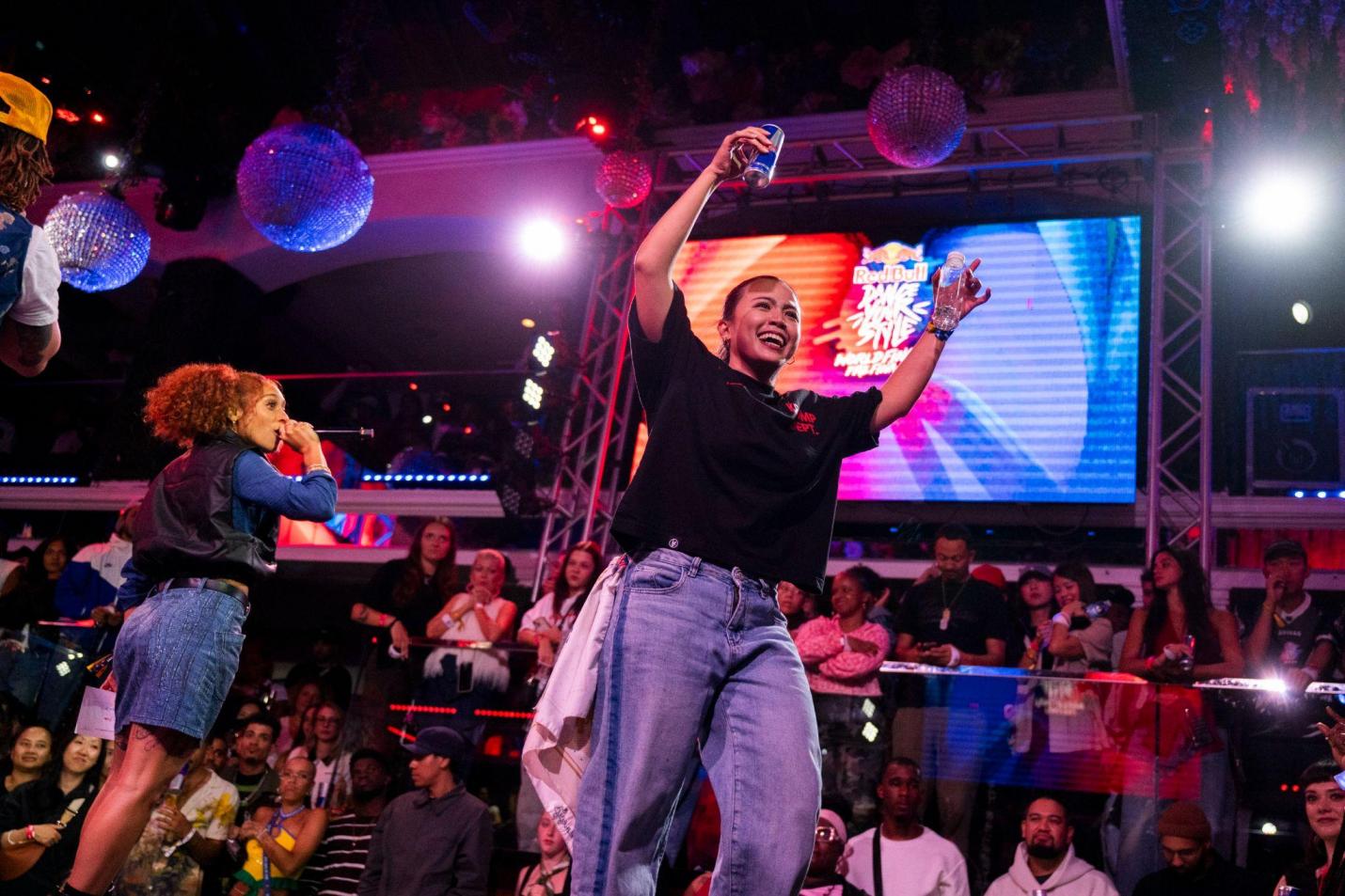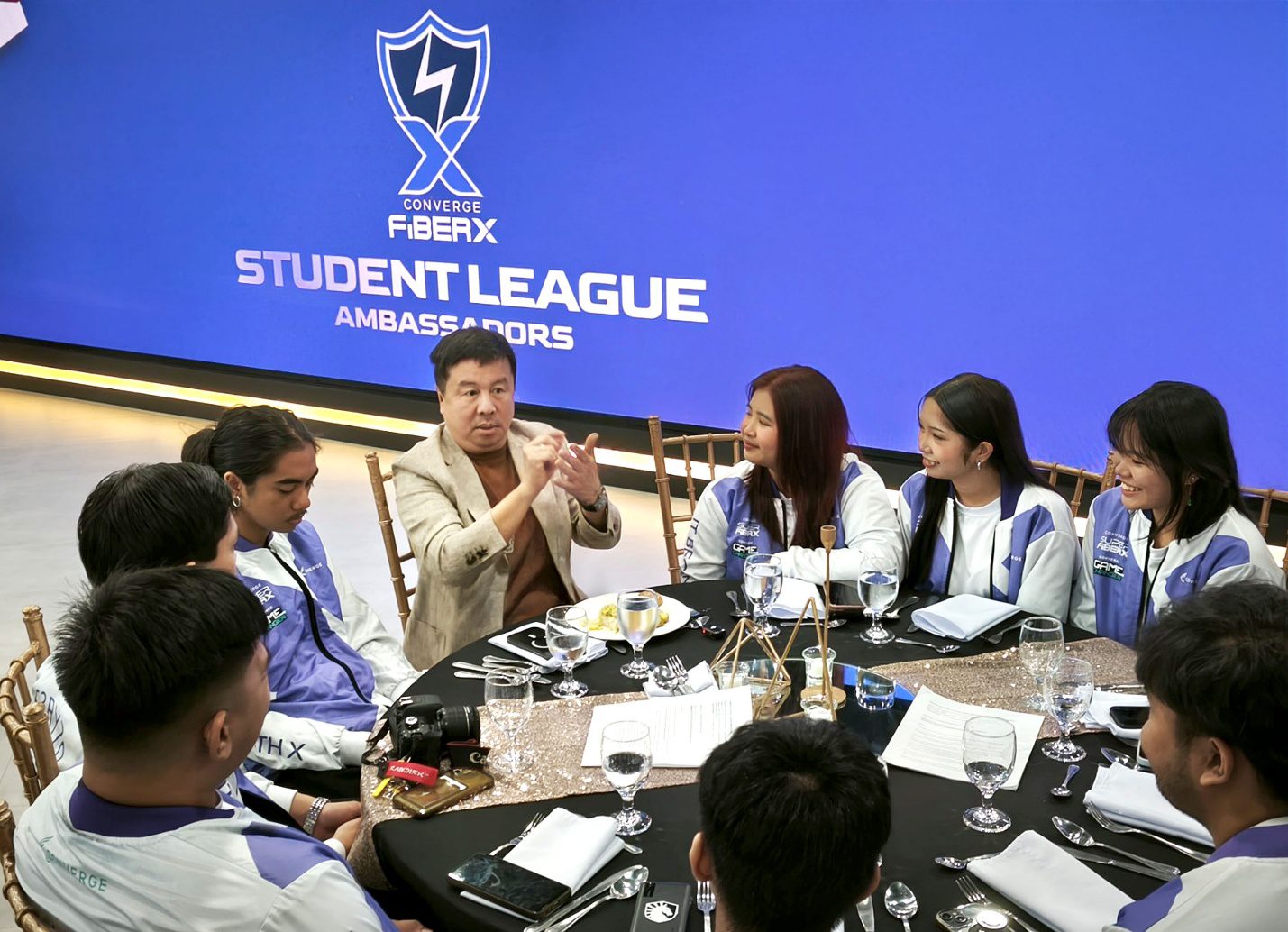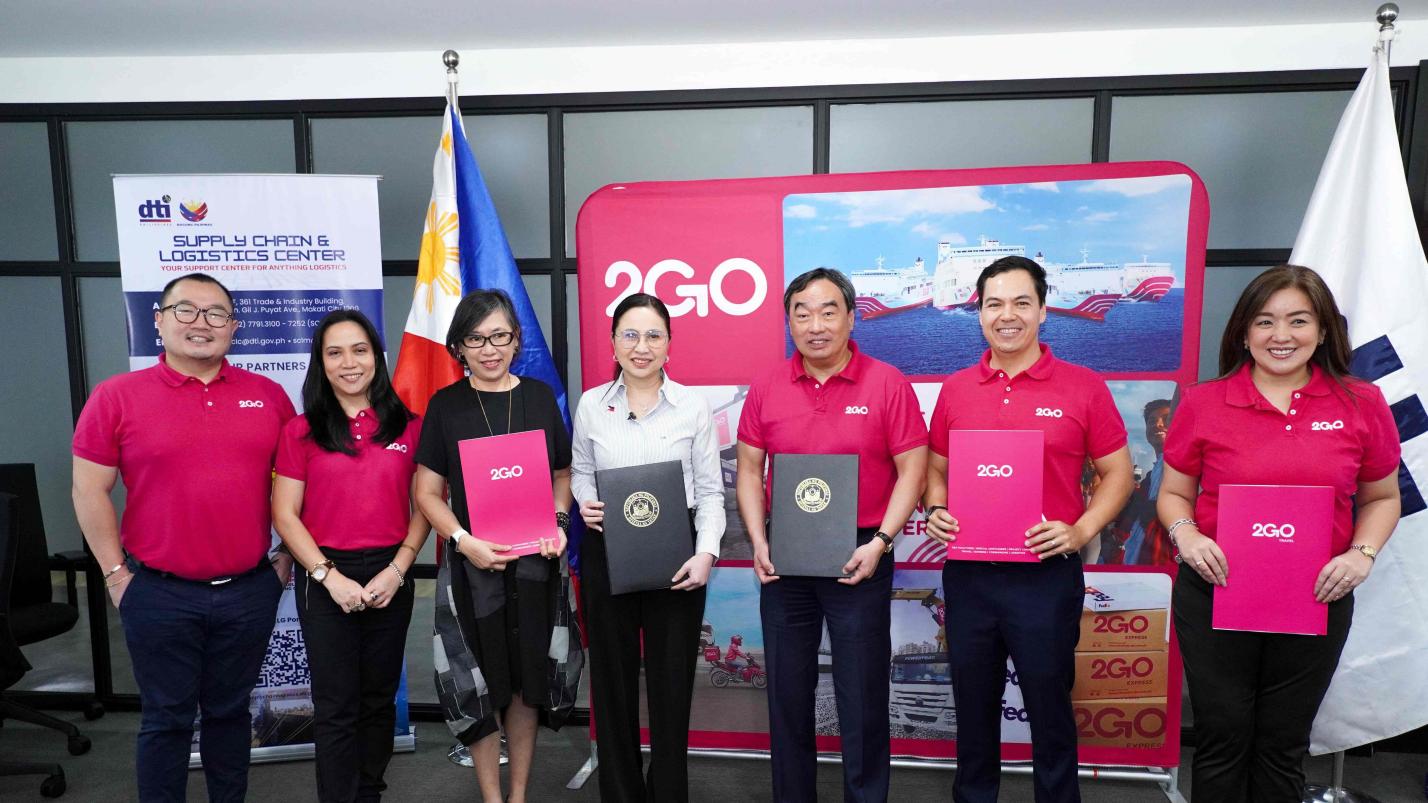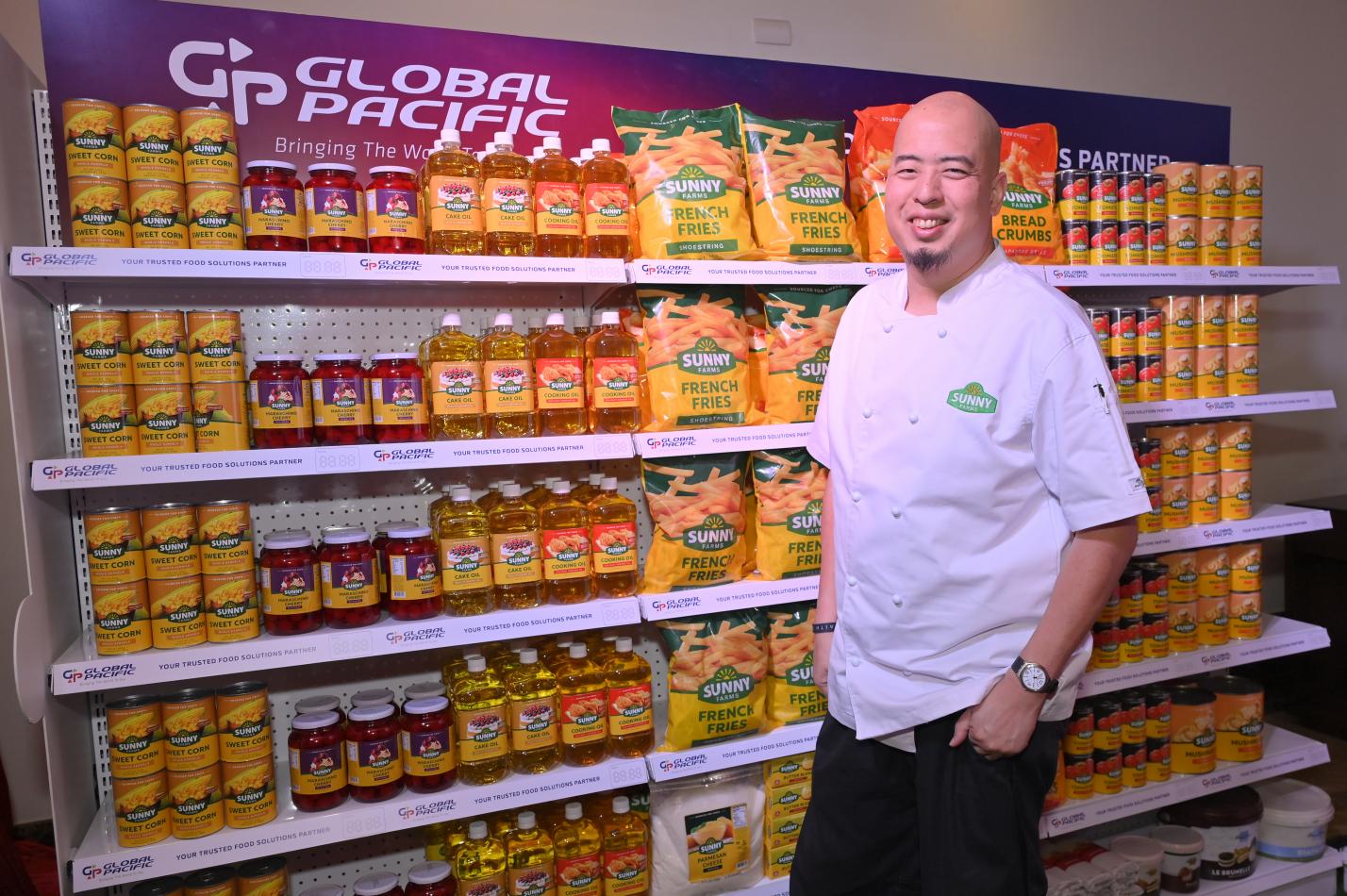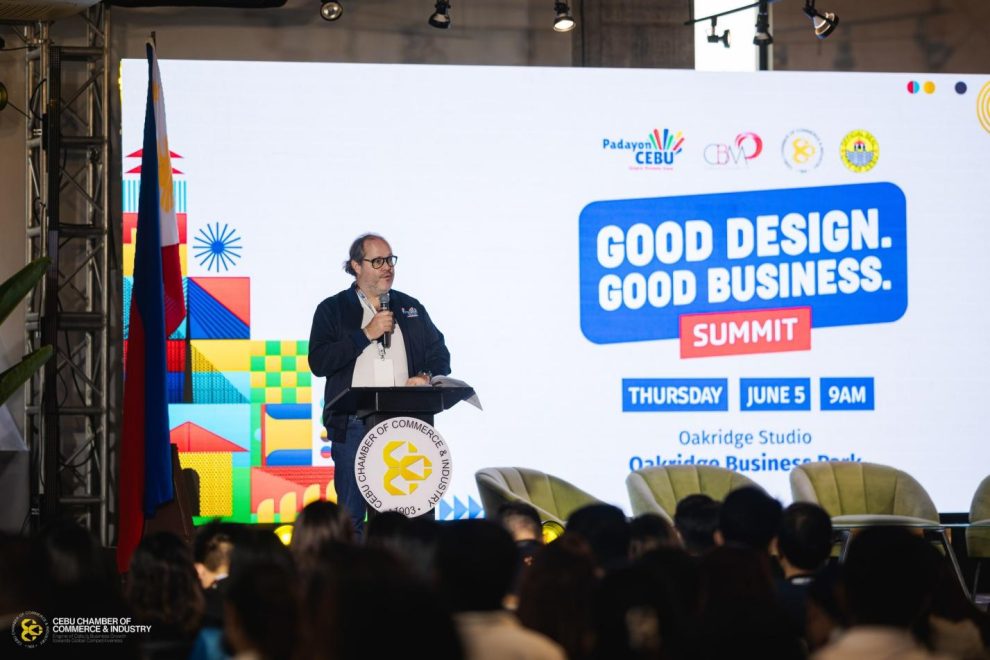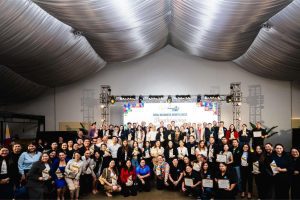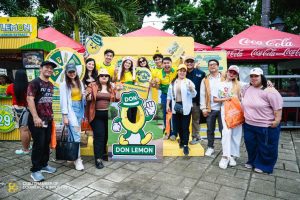The Cebu Chamber of Commerce and Industry (CCCI) successfully hosted the Good Design, Good Business Summit 2025 on June 5 at Oakridge Studio, spotlighting design as a powerful tool for innovation, sustainability, and inclusive community development.
The summit, a flagship event of Cebu Business Month (CBM) 2025, gathered industry leaders, design experts, and community stakeholders under one roof with a unifying message: design is not a luxury, but a necessity for competitive and resilient growth.

In his opening remarks, CCCI President Jay Yuvallos described the event as “a movement” redefining design beyond aesthetics and into the realm of strategic innovation. “Good design is good business because it improves lives,” he emphasized, citing its relevance in housing, real estate, and urban development.
Yuvallos also called on designers to step up as leaders and problem solvers, not just creatives. Design, he said, must be integrated into every sector—from manufacturing and tourism to urban planning and digital platforms.
“Design is no longer optional,” Yuvallos added. “It is essential for Cebu to compete, create, and thrive.”
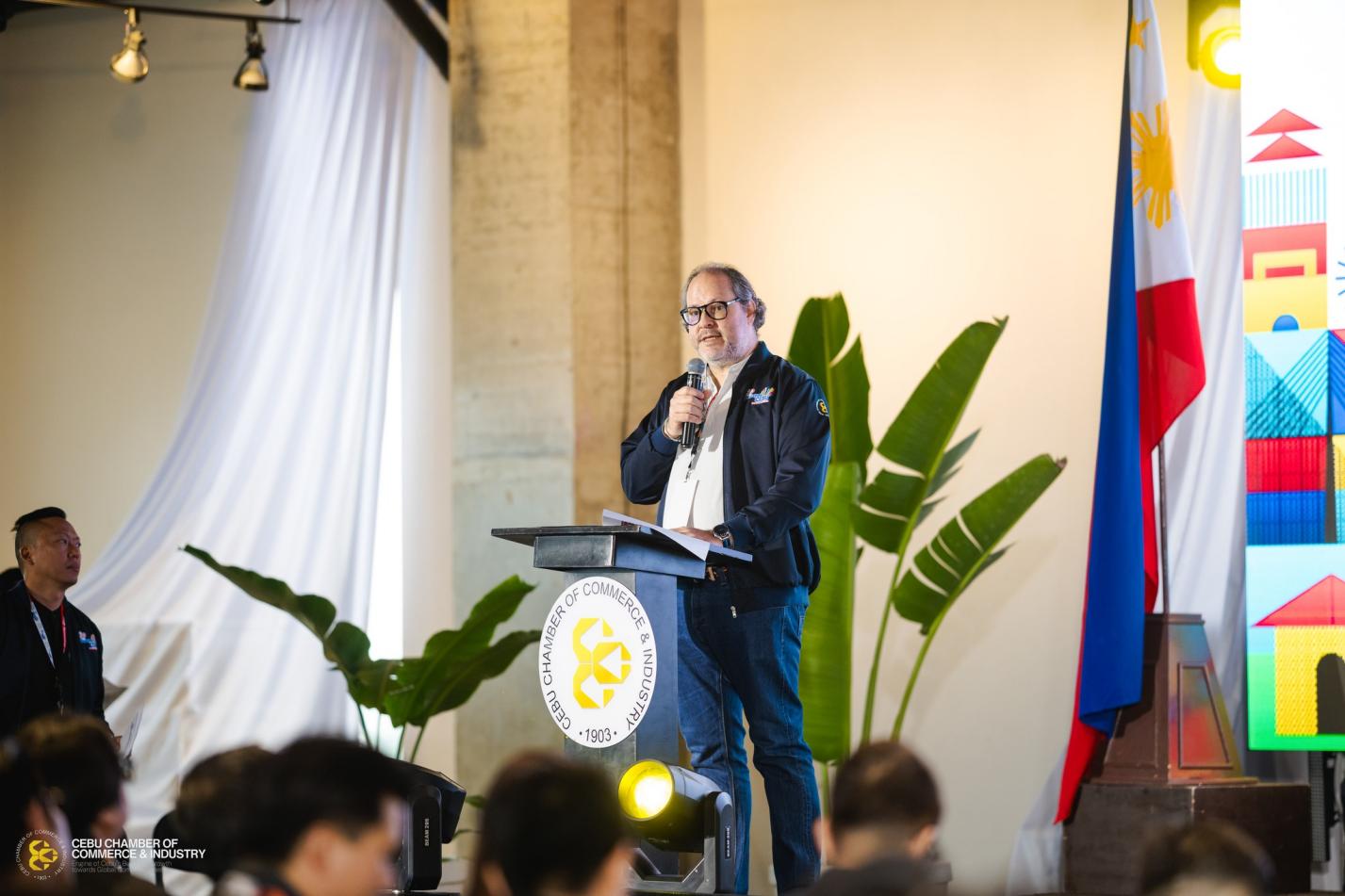
CBM Chairman Anton Mari Perdices echoed this sentiment, stating that “design is infrastructure. It should be part of how we plan, build, and grow.” He hailed the summit as a platform for driving forward-thinking collaboration among businesses and creatives.
“As Cebu grows, we must grow intentionally,” he said. “Design must guide how we build safer, more sustainable, and inclusive communities.”
CBM Chairman Anton Mari Perdices continued the message with a focus on action and collaboration. “Your presence here shows your commitment to move forward through innovation, design, and good business,” he said.
Perdices explained that this year’s summit goes deeper by focusing on the spaces we all share. Our homes, workplaces, and communities. “Design shapes how we live, how cities grow, and how businesses succeed,” he said.
He described good design as a strategic investment that strengthens supply chains, supports sustainability, and helps build resilient, livable spaces.

The morning session featured three speakers: Edward Charles Gador from Leechiu Property Consultants, Donn Tan from M. Moser Associates, and COO of Cebu Landmasters, Inc, Honorary Consul Jose Franco Soberano.

Edward Charles Gador, Director at Leechiu Property Consultants, presented an optimistic update on the Philippine real estate landscape. Despite the continued absence of POGO operations and subdued government activity, the office market saw growth during the first quarter of 2025, with the IT-BPM sector accounting for 55% of total demand. Gador also noted a promising outlook for the residential segment, forecasting recovery within the year.

Donn Tan of M. Moser Associates delved into Strategic Design for an Evolving Corporate Landscape. He emphasized that inclusive design is no longer optional, outlining key elements such as flexibility, adaptability, hospitality, privacy, branded experiential design, sustainability, well-being, community, technology, and inclusivity. All of which are central to creating engaging, future-ready workspaces.
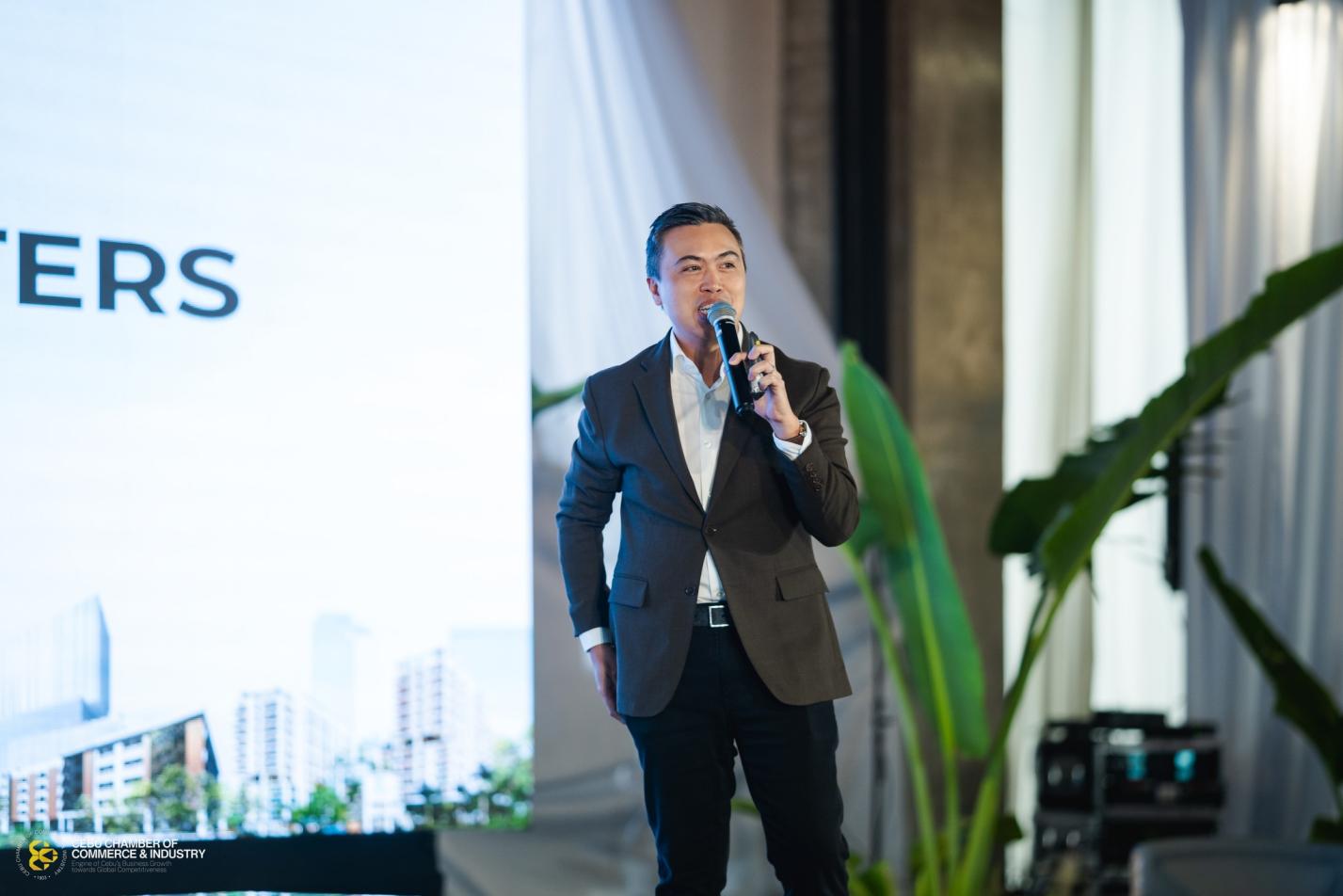
Consul Jose Franco Soberano underscored that “Good design is responsible design. Responsible design is good business,” a game-changing force in real estate development. He highlighted its pivotal role in crafting spaces that go beyond functionality, creating environments that truly resonate with users and uplift communities.

The afternoon session featured six speakers: Dennis Miranda from Advent Energy, Manuel Louie Ferrer from Megawide, Natasha Paola Sandique, a clinical psychologist and psychotherapist, Yvette Grace Mangente from Cubo Modular, Allen Arvin Tan from Atua Midtown, and Varudh Varavarn from Vin Varavarn Architects Ltd.
Dennis Miranda spotlighted the vital role of energy efficiency in vertical developments. He emphasized the integration of conservation strategies, advanced energy solutions, and renewable sources, particularly solar energy, to boost long-term operational performance.

Manuel Louie Ferrer shared insights into the Carbon Market redevelopment, positioning it as a national model for sustainable urban renewal. The project, he said, reflects an ecosystem that balances waste reduction, poverty alleviation, and collaborative governance.

Natasha Paola Sandique, clinical psychologist and psychotherapist, explored the Psychology of Space, showing how the thoughtful application of psychological principles can foster mental well-being, comfort, and productivity in physical environments.

Yvette Grace Mangente presented prefabrication as a forward-looking solution for developers and property owners. She underscored its potential in delivering affordable, scalable, and sustainable housing options across communities.
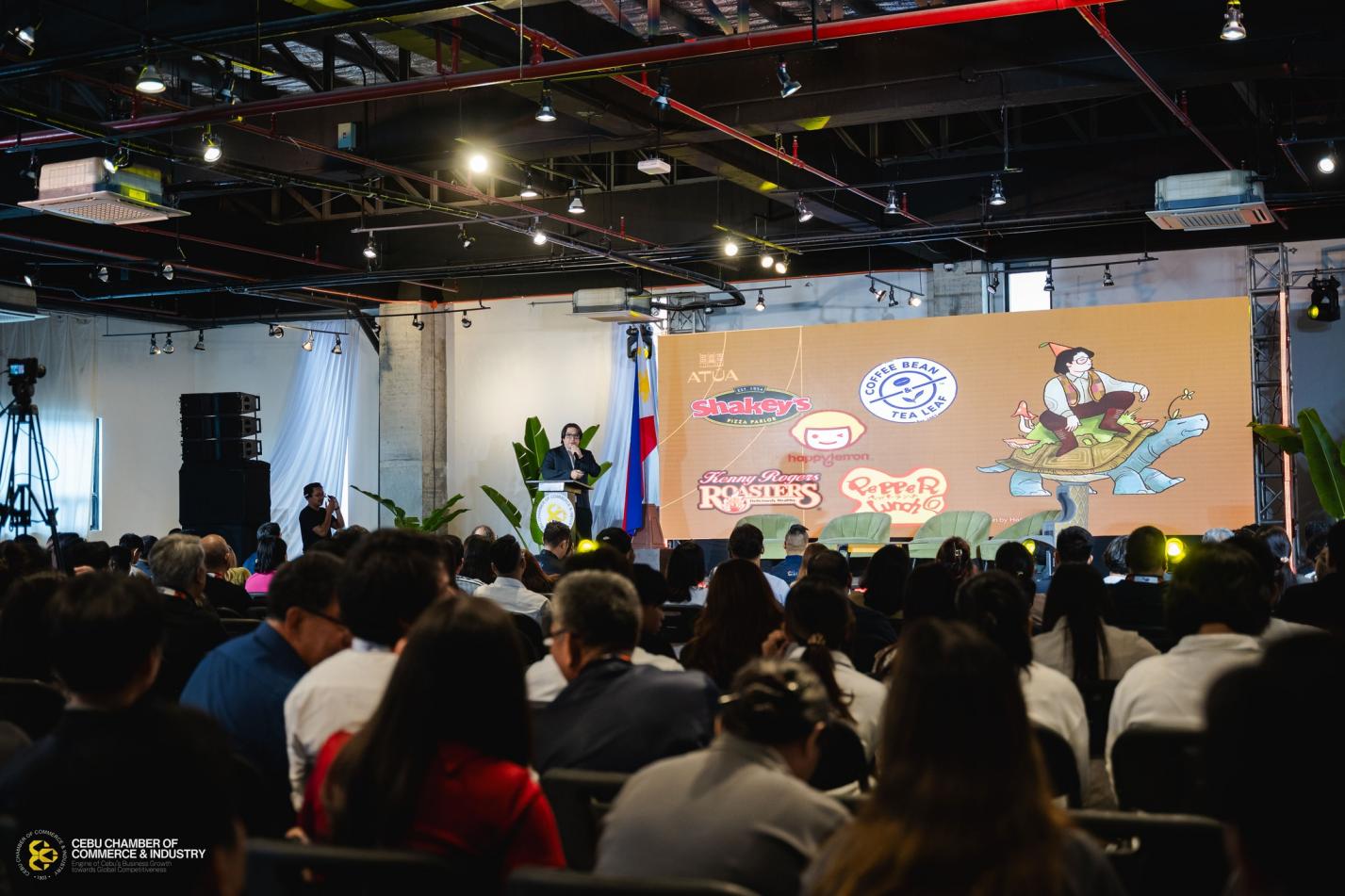
Allen Arvin Tan recounted the transformation of the Midtown Hotel into an imaginative space tailored for creatives. Demonstrating how adaptive reuse and design storytelling can reawaken underutilized properties.

Varudh Varavarn delivered a compelling talk on Architecture of Opportunity, emphasizing how architecture can spark innovation, inclusivity, and community growth, especially in underserved or disaster-affected areas.
For more information, you may contact the Cebu Chamber of Commerce and Industry, Inc. at 232-1421 or check us on FB and Website, or email us at: cbm@cebuchamber.org / info@cebuchamber.org

